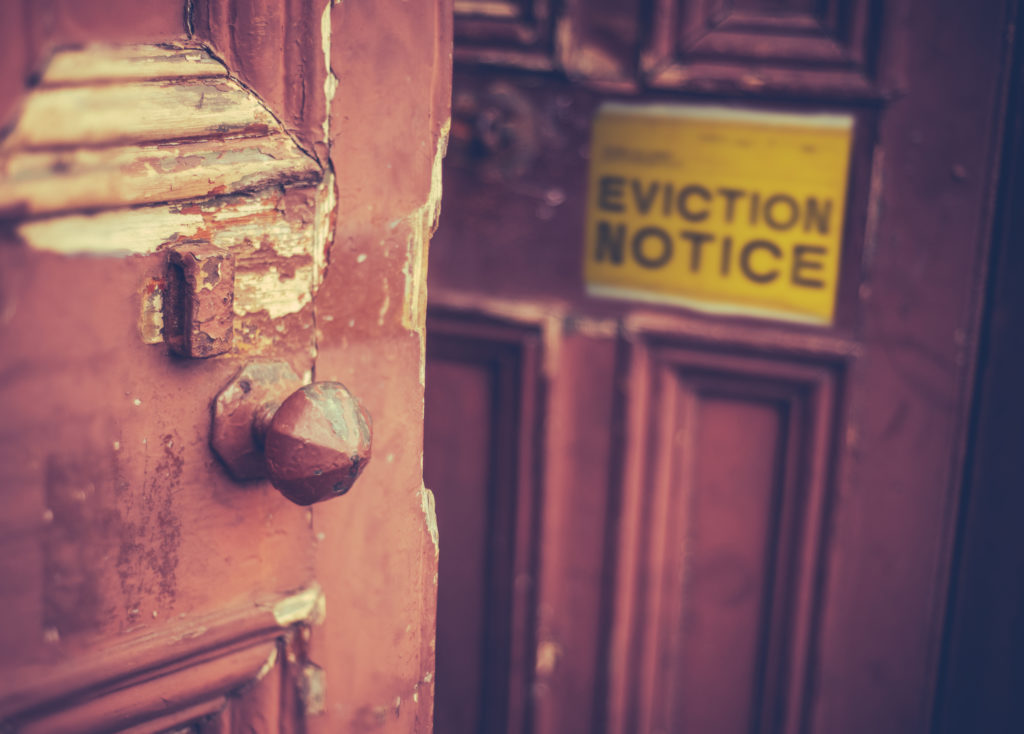How are we keeping renters afloat as the pandemic continues?
254 Words
The medley of COVID-related eviction moratoria and relief measures is complicated and soon to expire. And where does that leave low-income renters? New data suggests they may be headed into some of the most difficult times in the economic fallout from the pandemic.
In May, a quarter of renters earning less than $50,000 annually did not pay rent. Black and Latino low-income households, who have experienced higher rates of unemployment during the pandemic, are unable to pay rent at high levels.
The RVA Eviction Lab acknowledges there may be a need for both short-term and long-term policy solutions. For now, we are keeping our eye on Virginia’s extension of the Commonwealth’s eviction moratorium until June 28th. The Governor is hoping to finalize a statewide rent relief program before that deadline.
Other states are taking different steps to slow evictions. Michigan’s Supreme Court is requiring landlords to show evidence of exemption from the Federal eviction moratorium during proceedings.
On the Federal level, the House of Representatives’ HEROES Act, a sequel to the CARES Act passed in April, includes longer-term rental assistance measures. In addition to a second one-time stimulus payment, it would set aside $100 Billion for low-income rental assistance. The bill would also establish a year-long moratorium on evictions for all tenants—not just those in Fannie and Freddie-backed properties.
For more information on COVID-19 and housing insecurity in Virginia, check out our COVID-19 Resources toolkit. Also consider subscribing to NLIHC’s daily email updates to keep up with the news on a national level.
